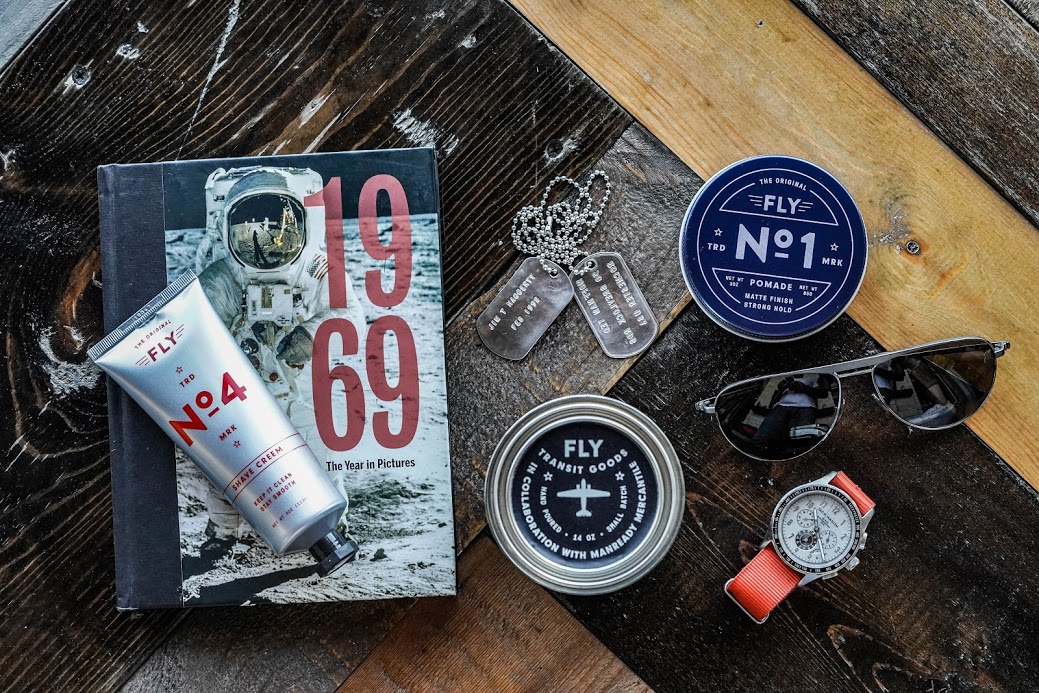
Clean Grooming Brand Fly Barbershop Ventures Into New Retail Territory At Whole Foods And Urban Outfitters
Ted Hoffman is used to entering new territory.
After leaving his native New York for Dallas more than a decade ago, the ex-Wall Streeter converted a 1969 Airstream into a mobile barbershop with his former hairstylist girlfriend. He didn’t have experience in the grooming segment, but sensed that the retro barbershop concept spreading across the country serving hip guys with a dash of old-school service and style would resonate in his adopted city. Following Fly Barbershop’s opening, it extended in 2015 into the grooming sector by launching a brand, another novel endeavor for Hoffman, that started with Fly No. 1, a tin-encased matte pomade with a vanilla and sandalwood scent.
With its classic cool vibe, natural ingredients and sustainable bent, Fly has attracted retailers. Prior to the pandemic, Whole Foods and Urban Outfitters were onboarding it. Then, the global health crisis hit, and Hoffman’s grooming business was operating in an environment unlike anything he’d previously experienced. For the first three months of the coronavirus outbreak in the United States, he shares, “Our sales went to zero.” Fly wasn’t even selling on Amazon, where it’s been available for around two years, because it was deemed nonessential by the giant e-tailer. Still, Hoffman and Whole Foods worked diligently to place Fly in 33 of the grocer’s locations in its Southwest region.
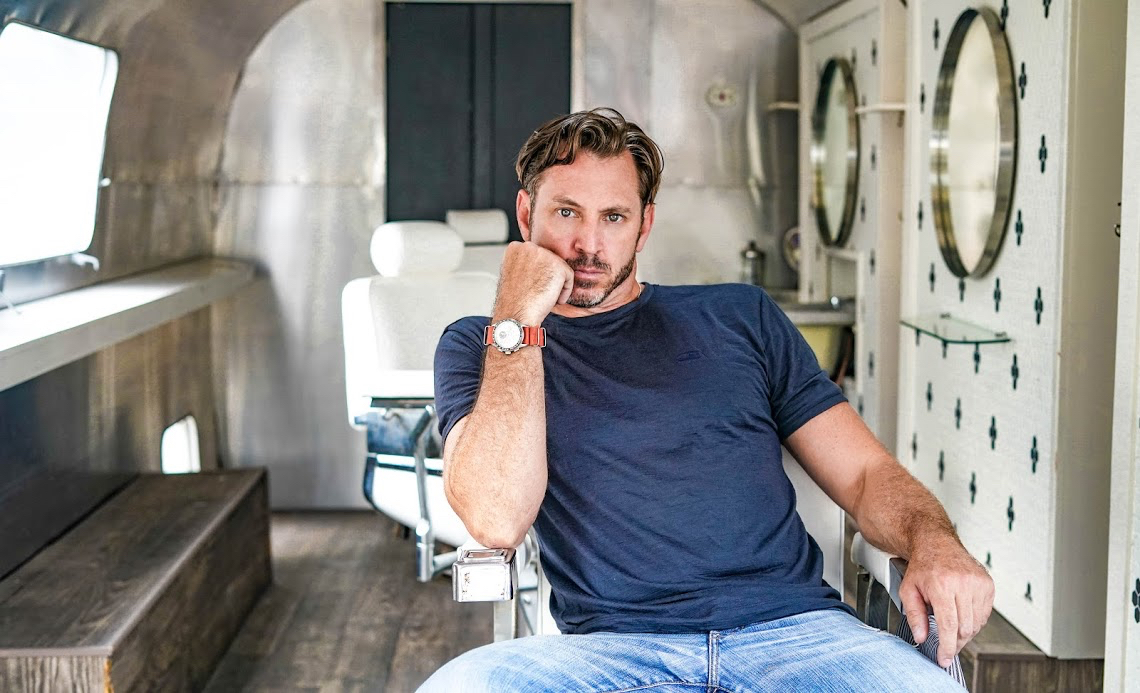
Wendy Rucci, product coordinator for Whole Body in the region, is high on Whole Food’s relationship with Fly. “Fly Barbershop is a premium men’s care brand at an accessible price point with a strong following in their home state of Texas,” she says. “They bring high-quality ingredients, vintage-inspired packaging and a great smell to the market. All were factors in selecting them as a supplier.” At Urban Outfitters, Fly has broken into the online assortment.
Fly is also an emerging player in a hot segment. Globally, sales in the men’s grooming segment are projected to surpass $81 billion in 2024, compared to nearly $64 billion last year, according to Statista. Fly’s core customers are millennials who have upped their personal maintenance games and are turning to brands speaking to their values such as eco-consciousness.
“They bring high-quality ingredients, vintage-inspired packaging and a great smell to the market.”
Last year, Fly laid the groundwork for its deals with Whole Foods and Urban Outfitters by striking a partnership with the Dallas-based Omni Hotels & Resorts chain. The partnership instigated Hoffman shifting Fly’s distribution strategy from small boutique locations to bigger targets. He says, “You want people to be somewhere they can grab a can of pomade and shop for another 40 minutes, but I had to get to a certain SKU assortment and size before we could do this.”
When Fly Barbershop was getting off the ground, it was a side hustle for Hoffman, who was a managing partner at Delos Investment Management and financial advisor at Morgan Stanley. In 2018, he decided to commit to it full-time and released four Fly products: two more versions of its pomade, a shave cream and a styling cream. The same year, the brand began gaining traction on Amazon. Its sales have shot up 1,500% year-over-year since embarking on Amazon selling. “We had no marketing, but we did have an 80% reorder rate,” says Hoffman. “We didn’t have a ton of exposure, but everyone that tried it kept repurchasing it.”
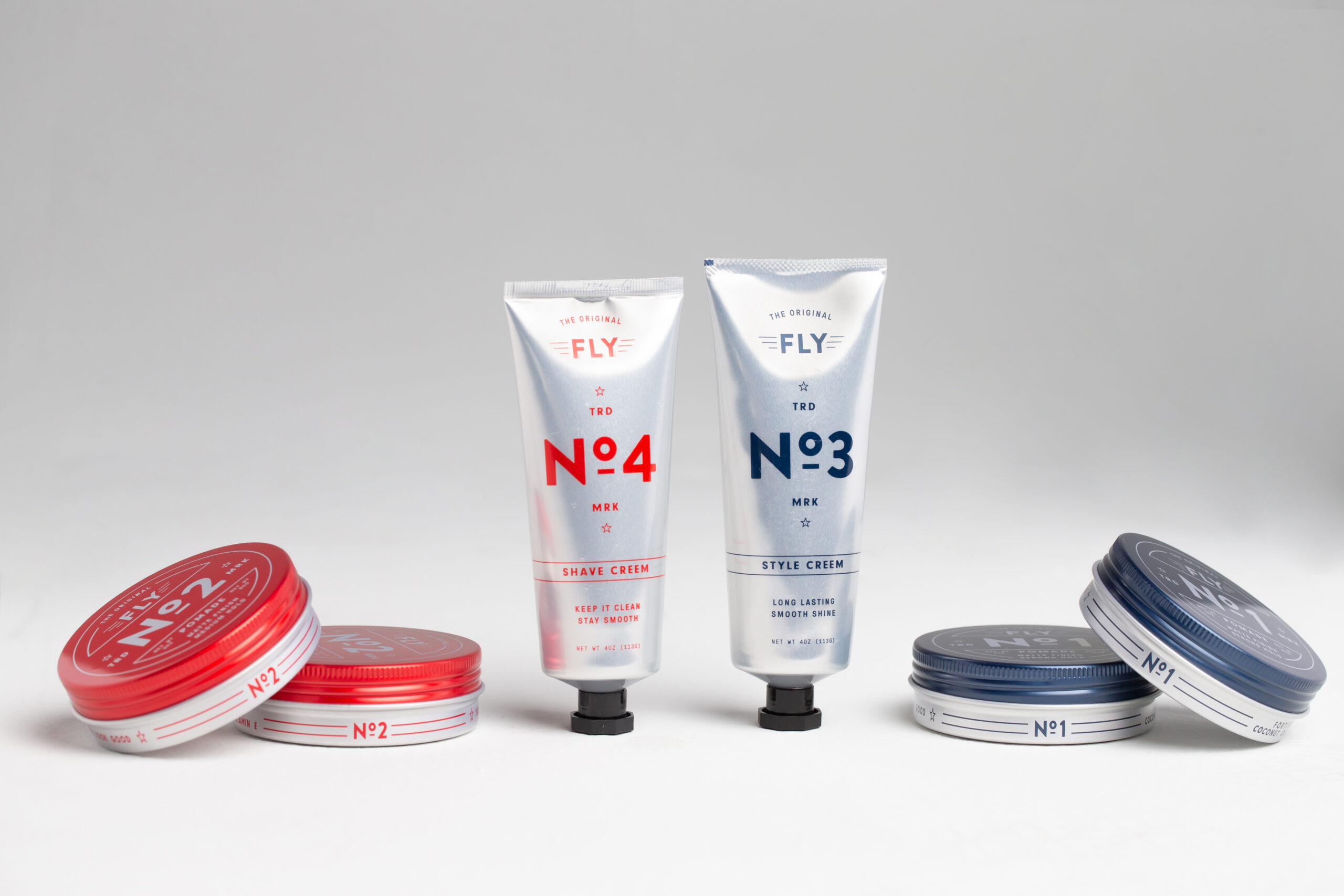
Hoffman has funded Fly entirely on his own. “Every single part, from the fulfillment to social media, hiring design and labs, including the refurbishment of the place where it all started, the Fly Barbershop,” he says. This year, Hoffman shares he’ll be content with Fly reaching $250,000 in sales. “Net/net, 2020 is a tough year and our sales forecasts will come down dramatically [due to COVID-19],” he says. “Fly has no debt and no investors, so we will continue to move forward with sales efforts and our product pipeline.”
Going forward, Fly intends to introduce a light pomade, deodorant, face moisturizer and solid cologne. Hoffman says he’ll consider pursuing outside capital to grow the brand. In the meantime, he’s building Fly store by store and product by product. “I used to get upset if someone didn’t like my product, but we have such a high reorder rate at the end of the day,” he says. “Truthfully, I only need 1% of the pomade market, and you can’t make everyone happy, but, if your numbers are legit, it means something.”
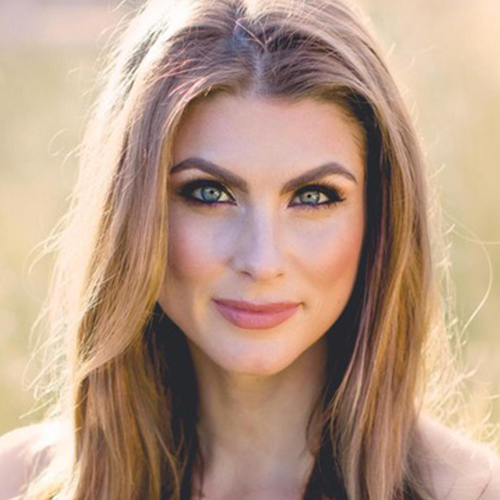
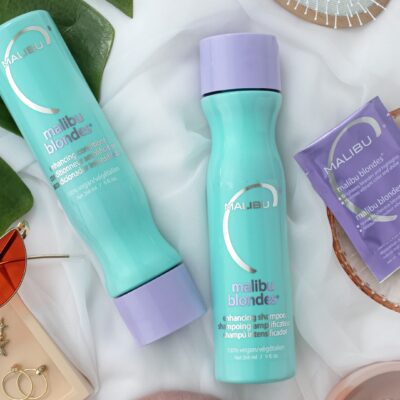
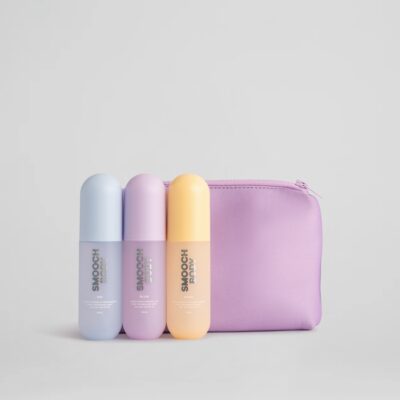
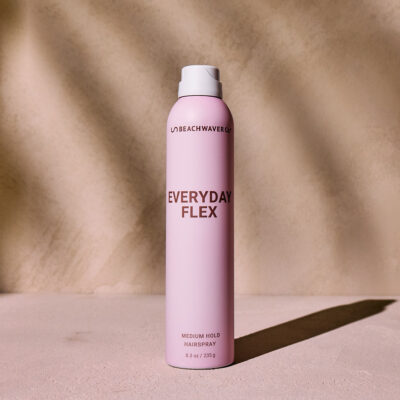
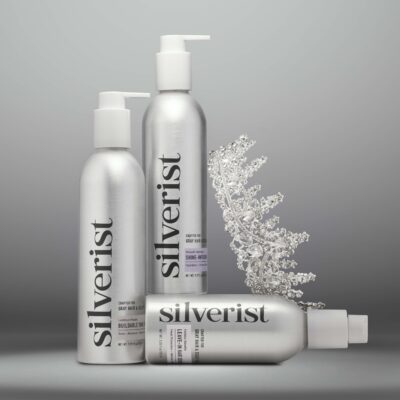
Leave a Reply
You must be logged in to post a comment.